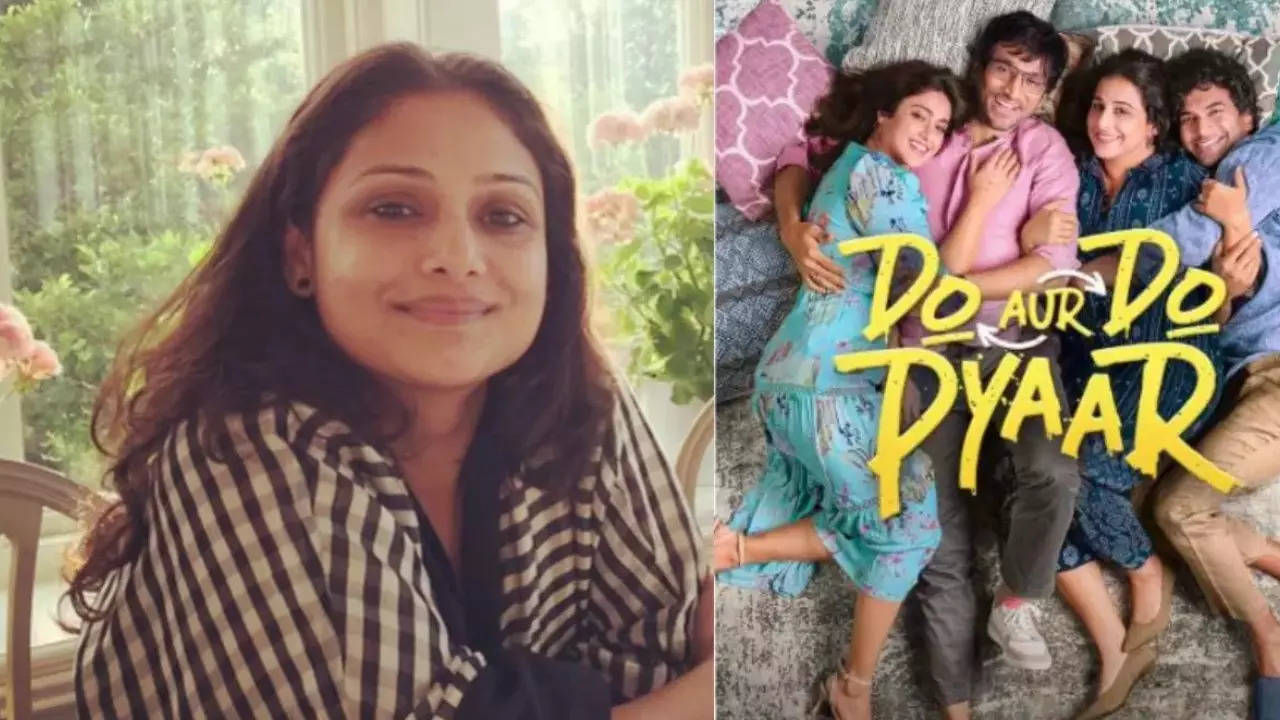While talking about marriage and infidelity, Shirsha told us, “While being unfaithful to anyone is unacceptable to me personally, I think it is important for us, as a society, to understand that the pressure one puts on the institution of marriage is largely unreasonable.If nothing lasts forever, if change is the only constant, then why do we expect love to last forever? And if the love fades, it is ok for us to move on. That’s what we show in our film too. We wanted to tell a story of modern real lives in love.”
Shirsha Guha Thakurta’s perspective challenges conventional notions of marriage and fidelity, emphasizing the fluidity of human relationships and the need for acceptance and understanding.
Talking of acceptance and understanding, the topic of ‘Do Aur Do Pyaar’ isn’t something that could have settled well with the audience easily. Thus, when we asked Shirsha how she knew that she was going to touch the right nerve of the cinephiles, the director replied, “It’s very hard to predict how the audience will take what you’re trying to say. Especially when it comes to love and marriage because people can be very hard-wired when it comes to that.”
“As a storyteller, you can only do the best you can, to be honest with your point of view. In our movies – We always show love as a zero or one equation, as black or white – it’s there or it’s not – I feel love is not a binary equation, love is cyclical – it comes and goes. And that’s what makes love confusing,” she concluded.
Shirsha Guha Thakurta’s approach to storytelling highlights the complexity of love, challenging the audience to confront their preconceived notions and embrace the nuances of human emotions.




